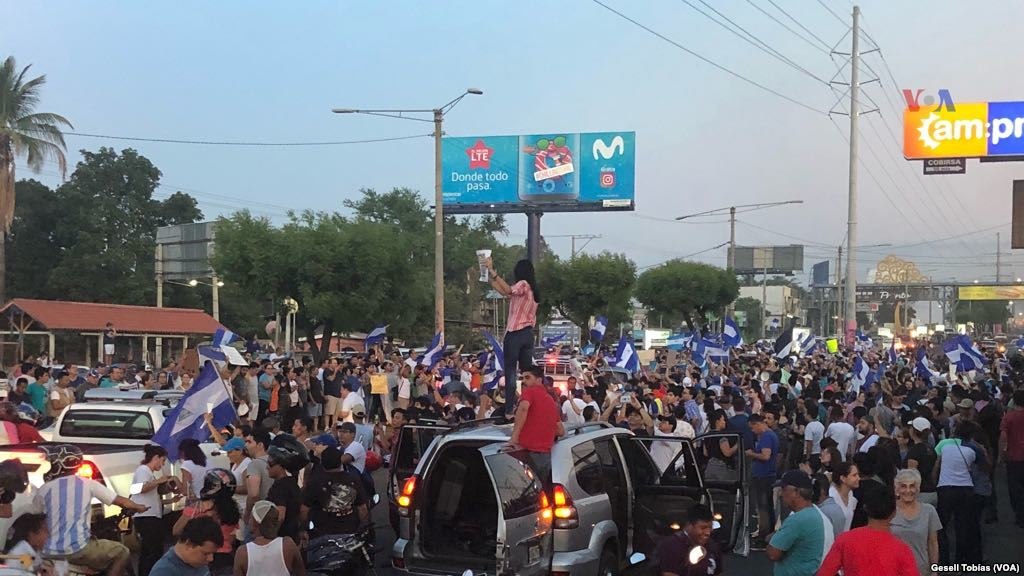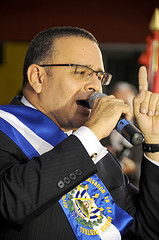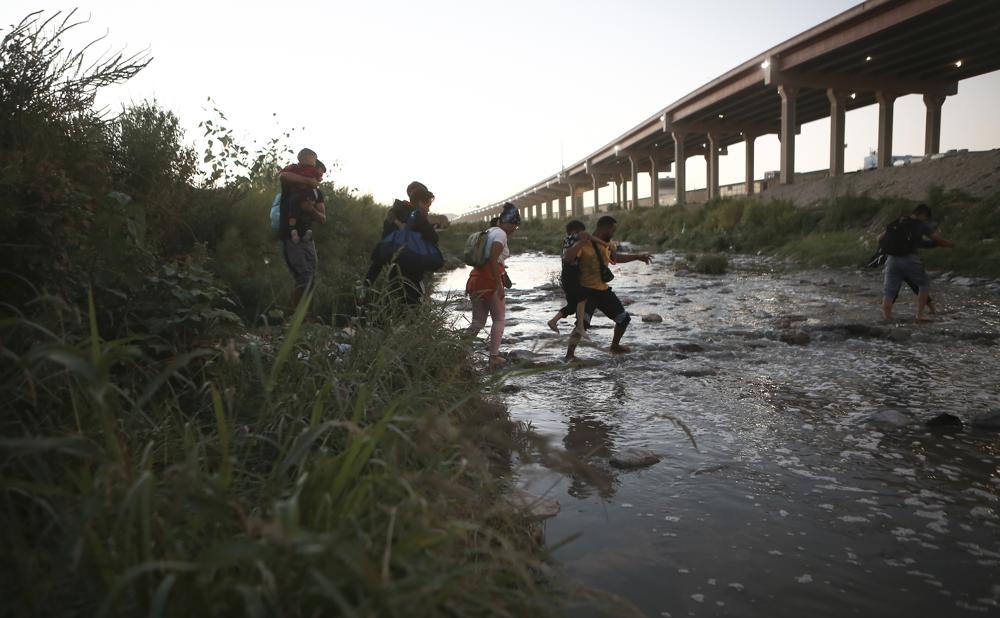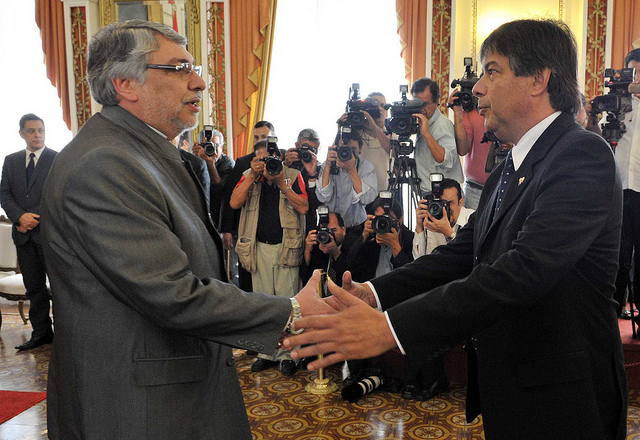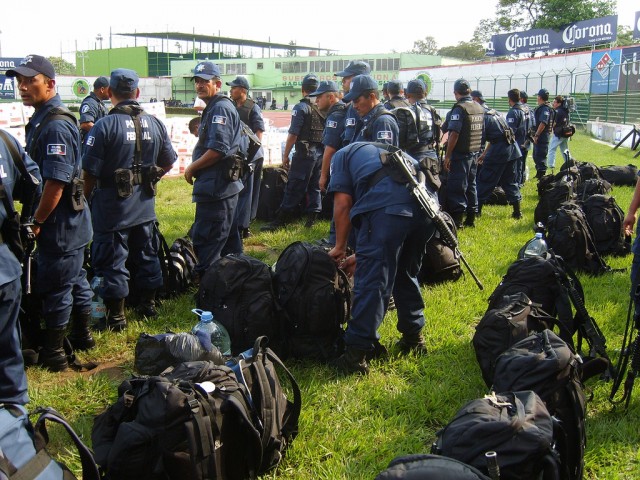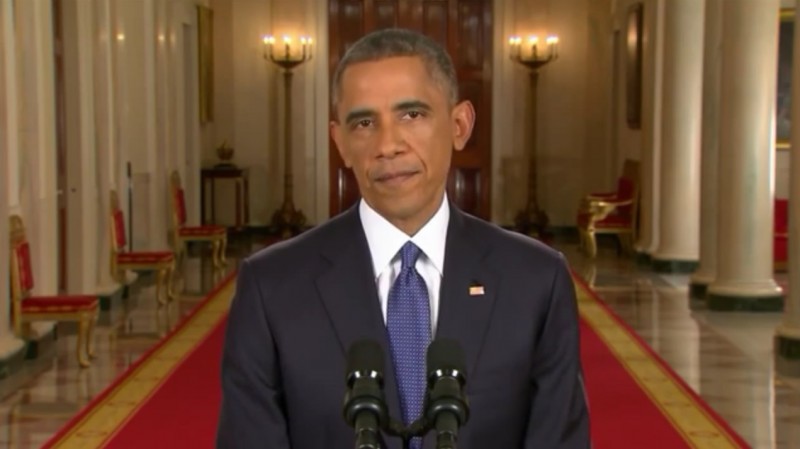
Latin America: Week in Review, North America, United States
Appeals Court Upholds Injunction Against Obama Immigration Order
May 27, 2015 By Staff
Top Story — A federal appeals panel on Tuesday barred an executive order by President Barack Obama granting deportation protection and expanded rights to undocumented immigrants from taking immediate effect. The decision by the appeals court, which upheld an injunction issued in February, sides with 26 states that have challenged the president’s immigration order.
President Obama’s three-part executive action, announced on Nov. 20, sought to circumvent a year-long congressional gridlock to provide deportation relief for up to five million undocumented immigrants who, under the order, would receive registration rights and avenues to legal employment.
On Feb. 16, two days prior to the first stage of the order taking effect, Texas Federal Judge Andrew S. Hanen filed an injunction, placing it on hold. Judge Hanen’s injunction backed a lawsuit by 26 states that accused the president of executive overreach.
Tuesday’s decision by the three-judge 5th U.S. Circuit Court of Appeals came down to two judges voting in favor of the injunction and one dissenting, the latter arguing that the president acted within his executive authority when issuing the order.
Headlines from the Western Hemisphere
North America
- The National Human Rights Commission in Mexico has opened an inquiry into a shootout between police and suspected criminal gunmen in the state of Michoacán, after the lopsided death toll — 42 suspects to one policeman — led to questions over the official police account that the incident was a gun battle, and not a mass execution.
- An attorney representing a U.S. Border Patrol agent in a lawsuit over the shooting death of a Mexican teenager has requested that the case be dismissed on grounds that the victim was on the Mexican side of the border when killed, and was therefore not under the jurisdiction of the U.S. constitution.
- In Colorado — a swing state likely to play a pivotal role in the 2016 elections — Republican candidates vie for the support of Latino residents, as detailed in a report by The New York Times.
Caribbean
- Puerto Rican legislators voted in favor of a bill Tuesday that would raise sales tax from 7 to 11.5 percent in an effort to generate more revenue and combat the U.S. territory’s financial crisis.
- There has been a 36 percent rise of U.S. tourism to Cuba since Obama announced the restoration of diplomatic relations with the island in December, with Americans increasingly finding ways to visit despite the continued ban on tourism.
Central America
- Spain’s Queen Letizia is in Honduras for a visit, during which she was briefed on the effects of Spain’s extensive development aid to the country, which has totaled some $163 billion in the last four years.
- The Guatemalan government and NGOs have begun efforts to monitor child pregnancies and raise the minimum age for marriage, according to an article in the Christian Science Monitor, which investigates how Guatemalans are anxious about girls “growing up too fast.”
- Along the Caribbean coast of Nicaragua, beach-combing for packets of drugs and cash that have washed ashore after being thrown overboard from carrier boats stopped by the coast guard or DEA can prove to be a lucrative practice, according to The Tico Times.
Andes
- FARC rebel leader Alfredo Alarcón Machado, most commonly known by his alias Román Ruiz, was killed during a military air raid on Monday, according to officials. Ruiz has previously been declared dead in 2014, only for officials to later retract the announcement.
- Bolivian President Evo Morales on Tuesday nominated a new police chief and interior minister, after the escape of a former adviser to the Peruvian president from house arrest in La Paz exposed flaws within the police force and led the former officials to step down.
- The Peruvian army will be deployed to areas surrounding the controversial Tía María mine project — the site of deadly protests for two months — after protesters announced that a 48-hour strike will begin on Wednesday. The army will be stationed in the seven regions affected by the strike until June 24, according to authorities.
Southern Cone
- A former leader of the Italian crime syndicate Camorra, wanted for over 24 murders and on the run for more than 31 years, was detained by police in Recife, Brazil, while taking his children to school.
- Brazilian President Dilma Rousseff and Mexican President Enrique Peña Nieto on Tuesday signed cooperation agreements related to investment and tourism during Rousseff’s state visit to Mexico.
- Brazil has accepted more Syrian refugees fleeing violence in their home country than any other country in the Americas besides Canada, according to The Associated Press, with nearly 2,000 Syrian refugees having resettled in Brazil since 2013.
